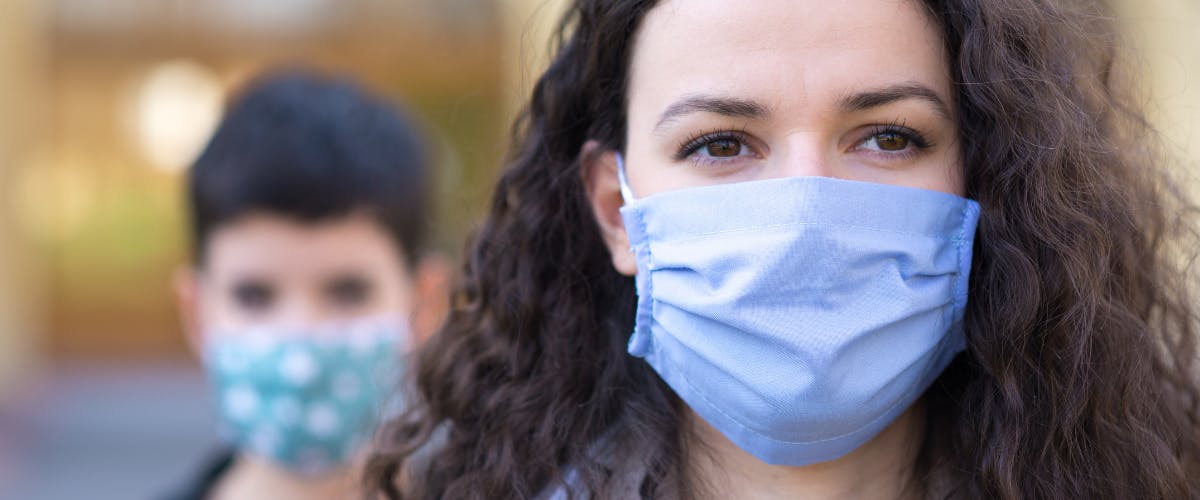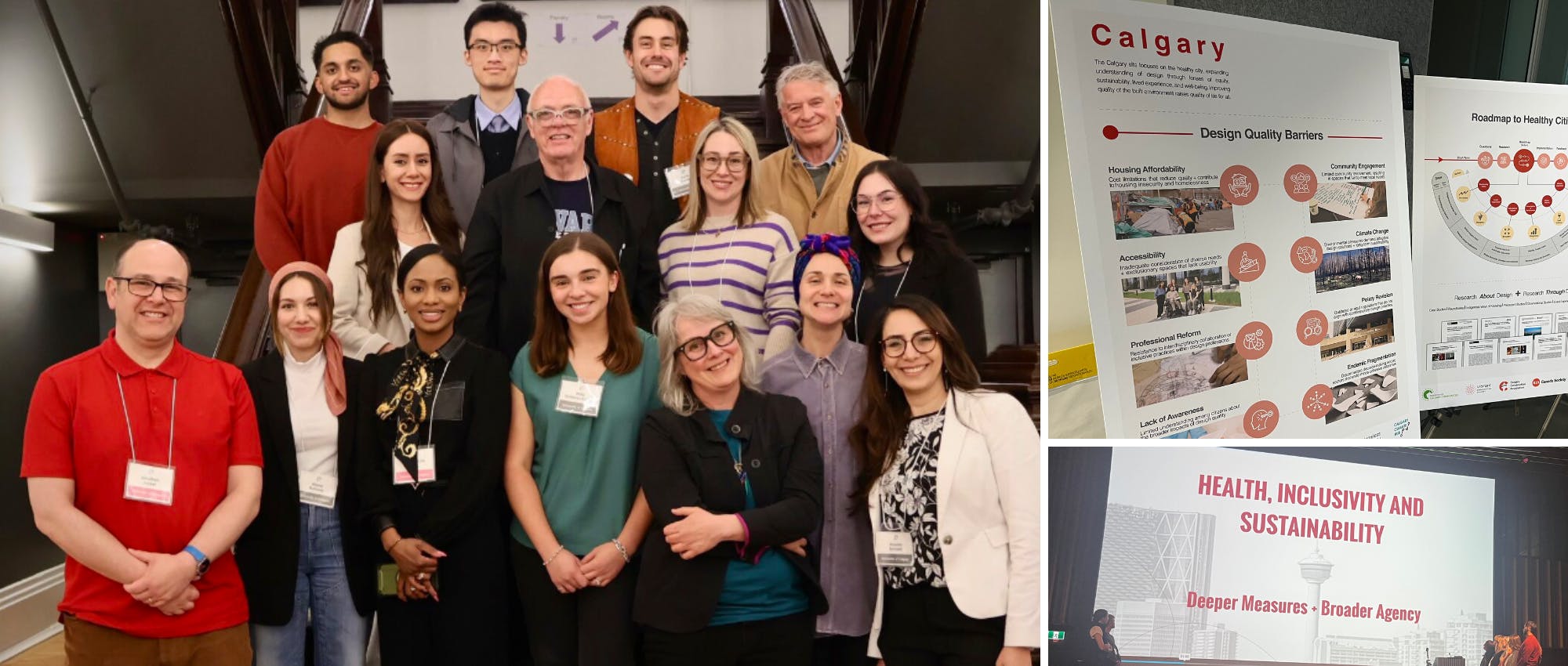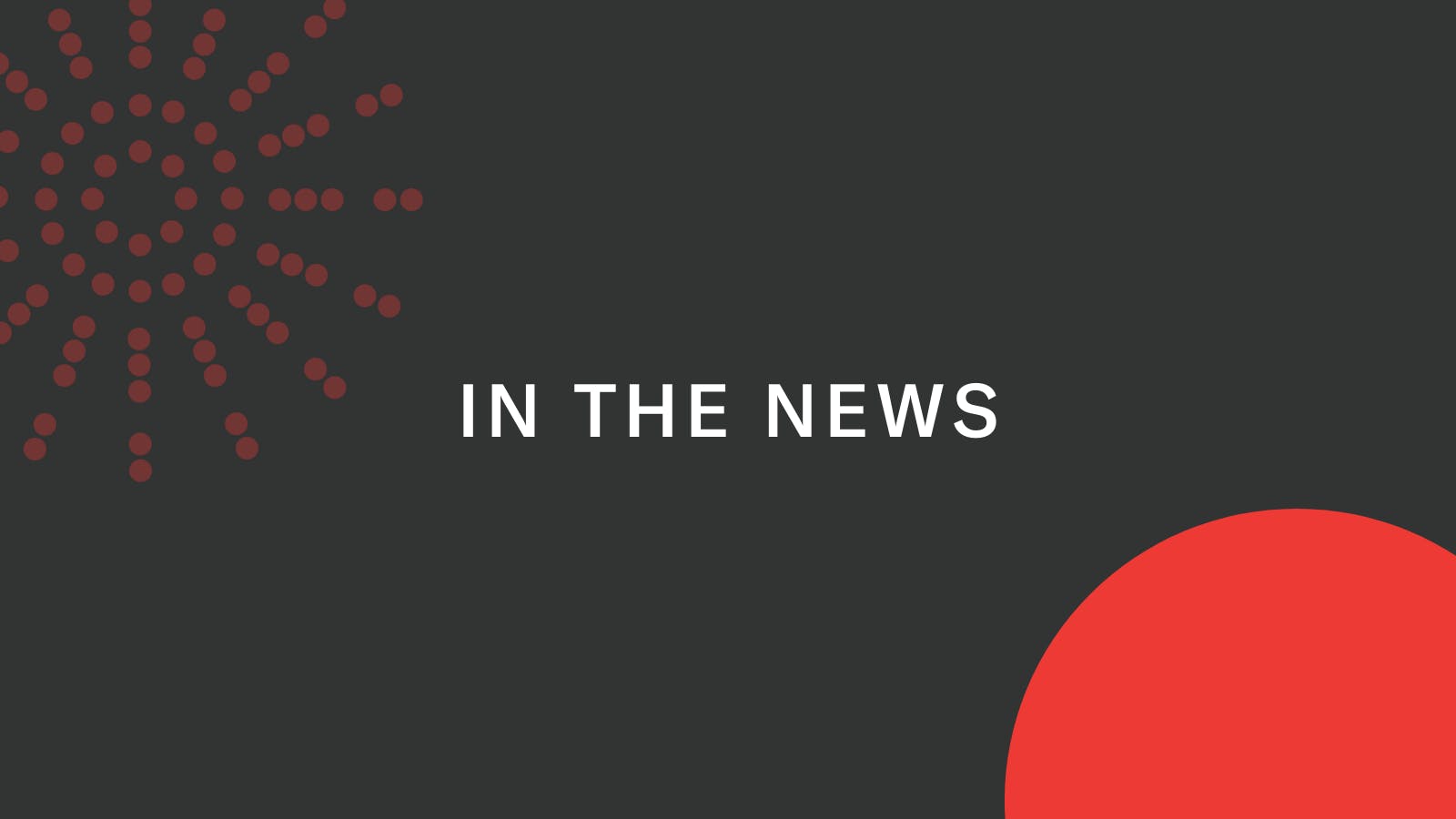Under the guidance of the Enough for All evaluation advisory committee, University of Calgary researchers recently completed a study on the impacts of COVID-19 on those living on low incomes in Calgary. They surveyed almost 200 people and followed up with focus groups.
We’ve seen studies throughout the pandemic of disproportionate impacts to women, racialized groups and those living in poverty, but it didn’t quite prepare us for what we saw in the report. While some participants reported positive changes, including increased income and CERB, the majority described experiences such as unmanageable debt, extreme isolation and skipping meals and medications to pay for utilities.
Survey participants had an opportunity to write free-form comments and speak directly to the researchers which uncovered troubling stories of deteriorating mental and physical health.
A surprising aspect of the research was, despite the launch of several emergency financial benefits like the Canada Emergency Relief Benefit (CERB) and mortgage and utility deferral programs, most participants did not access them. One respondent noting, “I have spent weeks on one meal a day which has left me tired and lying in bed. I’ve just received one payment from CERB… but I still had funds and food from the food bank. Have to apply two weeks at a time, for yet another fund, so feeling precarious and uncertain and wondering if I should go to the food bank again.”
Some participants also revealed concerns about the information they were receiving. Fear of the vaccine and mistrust of decision makers was a common theme with one respondent noting, “In the past I was more comfortable. I have read a lot about the vaccine and I am afraid. We don’t know who is telling us the truth.”
Another alarming statistic was that almost half of participants reported increased racism, stigma and discrimination. “In the beginning there was a lot of uncertainty, isolation, disconnection. As we moved forward, some of us found some ways to cope to help us, but then we got hit again with a second pandemic about racial injustice,” explained one participant in the survey.
The study took a hard look at the feedback from these participants with lived experience and made recommendations on dealing with the structural inequities that exacerbate vulnerability. Some of these specific recommendations are outlined below:
- Media campaign to provide clear and easy to access information about availability of supports and services for health and wellbeing.
- Social media campaign that challenges myths and misinformation and summarizes in plain language ‘good science’ about virus transmission and the safety of the vaccine.
- Include tangible and pragmatic strategies to get people connected to social and formal supports including the creation and dissemination of plain language one-page information sheets on specific topics (e.g. where to access emergency and sustainable mental health supports, where to access food, utility/rent deferral supports). Follow this with information on building financial literacy, access to financial coaching, savings and assets
- Enhanced ‘human’ capacity with 811 to book vaccines over the phone
- Mobile Vaccine clinics to travel to high-risk neighborhoods and workplaces
Hearing the stories uncovered in the study was unsettling and upsetting. However, the study is also an incredible opportunity to drive change. It’s clear from the conclusions in the report that solutions must be grounded in policy and systems change and guided by the those who are most impacted. This systemic change will ensure that people don’t fall through the cracks during emergency situations like the pandemic, or ever.
I invite you to download Understanding the Impact of Covid-19: Addressing Structural Barriers that are Widening Inequities and Exacerbating Vulnerability and view the recent news release to learn more.



